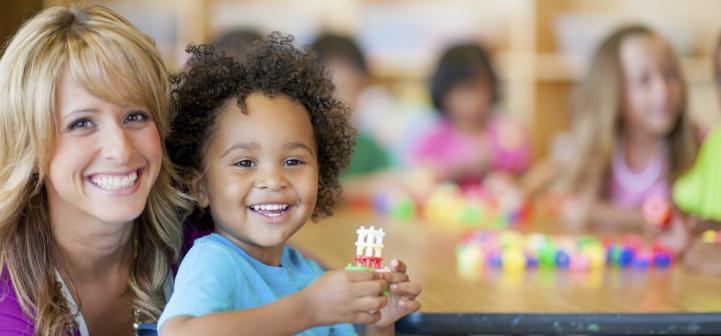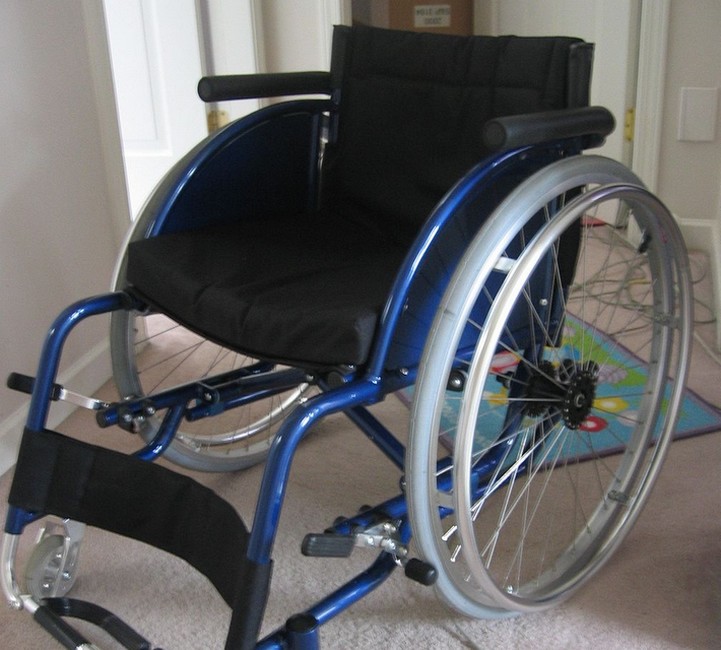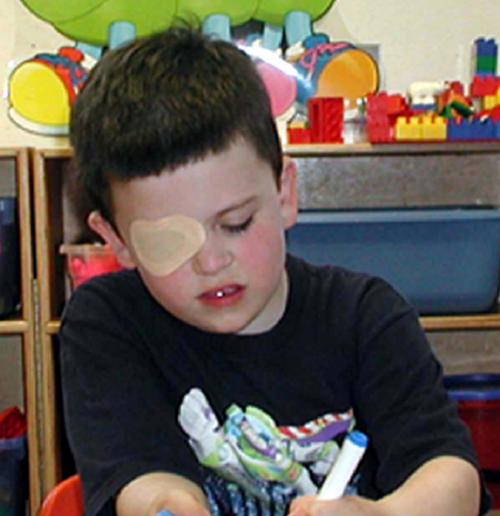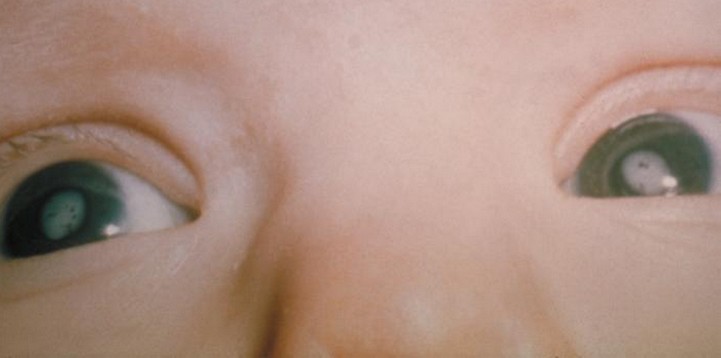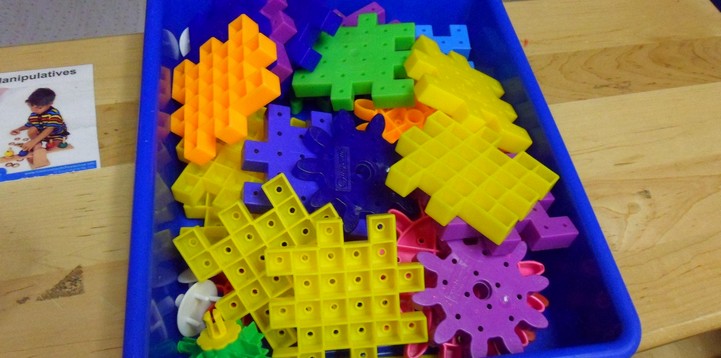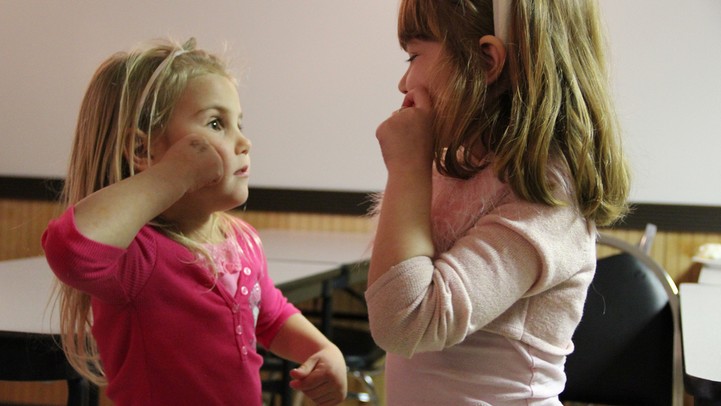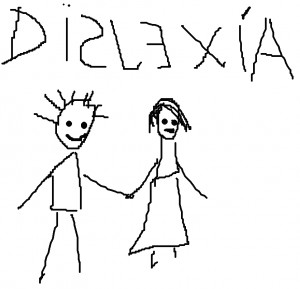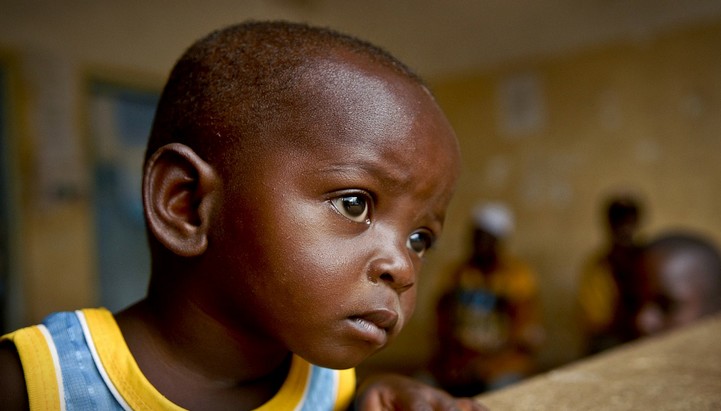
Child care providers are in a good position to recognize problems or delays in young children’s physical and motor development. As they work with children, child care providers should observe their developing physical and motor skills. Pay close attention to a child who does not seems to be progressing through the typical motor developmental milestones — such as holding up the head, rolling over, sitting, standing, walking, and running — at about the same time as other children in the …
